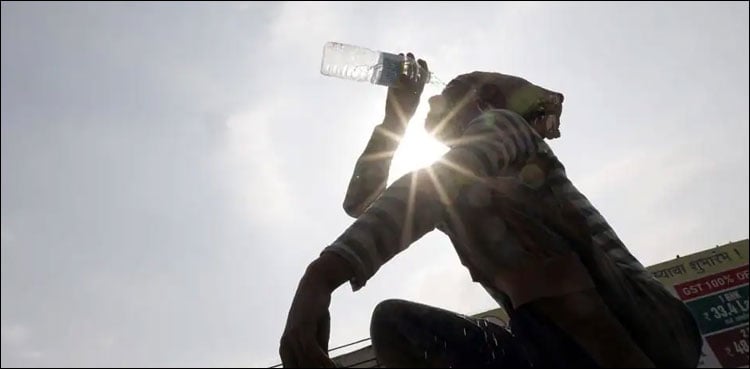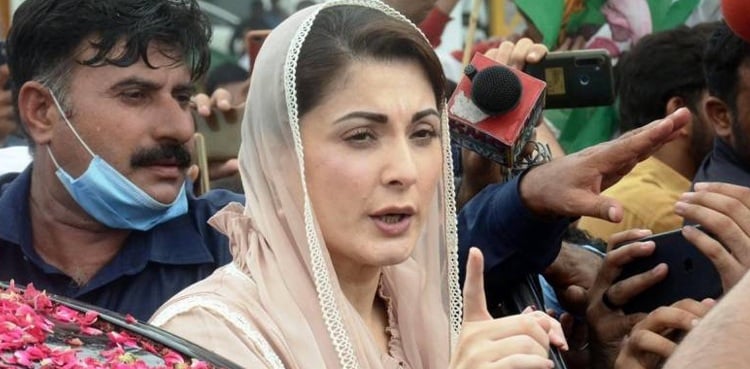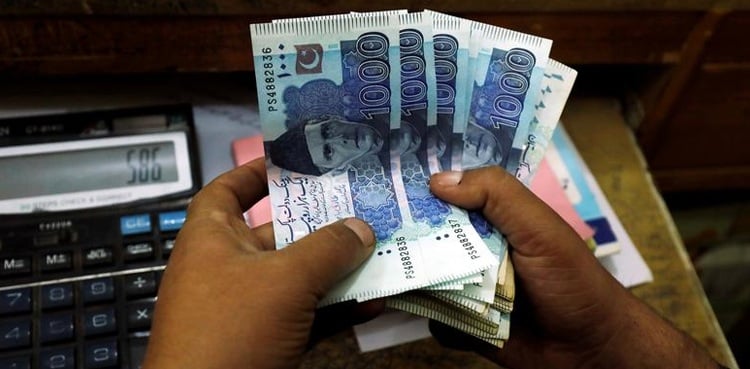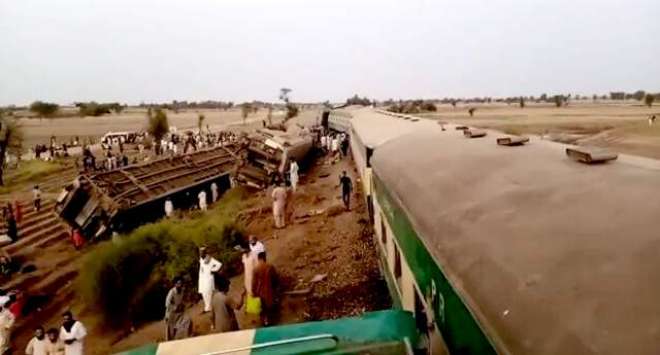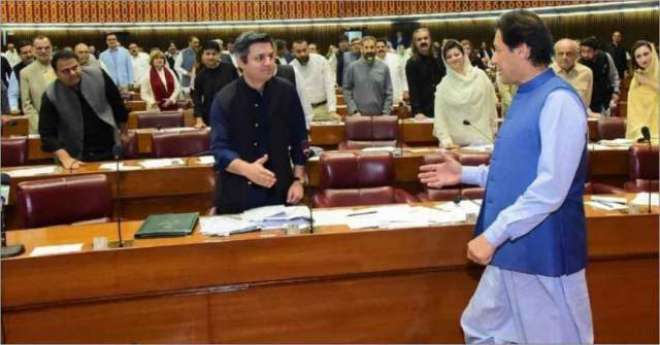Coming together to end poverty: International Day for Eradication of Poverty today
- October 16, 2015, 5:34 pm
- Breaking News
- 68 Views
HQ
QUETTA: The International Day for the Eradication of Poverty is being observed today (Saturday) all over the world.
The theme for the year 2015 is: Building a sustainable future: Coming together to end poverty and discrimination.
Needless to mention here is that the Day is observed every year since 1993, when the United Nations General Assembly, by resolution 47/196, designated this day to promote awareness of the need to eradicate poverty and destitution in all countries. Poverty eradication remains at the core of the Millennium Development Goals (MDGs) and the development of the new Sustainable Development Goals.
It promotes people’s awareness of the need to eradicate poverty and destitution worldwide, particularly in developing countries.
The 2015 occasion of the International Day for the Eradication of Poverty is a special one, as it comes on the heels of the adoption of the Transforming our world: the 2030 Agenda for Sustainable Development. The Agenda, which succeeds the Millennium Development Goals, contains 17 new and ambitious goals – forefront among them, to “end poverty in all its forms everywhere".
Meanwhile, according to a World Bank report, World Development Indicators 2013, 60 percent of Pakistan's population lives below the poverty line. The international poverty line is two dollars a day or an income of Rs 200 per day. The report showed that 21 percent of Pakistan's population lives below $ 1.25 per day, and a larger number lives under two dollars a day. A comparison of regional countries showed that the poverty rate in Sri Lanka and Nepal was significantly less than Pakistan with 23.9 percent and 57.35 percent, respectively.
An analysis of the data revealed that 30.9 percent of children under the age of five are suffering from malnutrition and are underweight. The youth literacy rate was recorded at 71 percent for the 15-24 age group. The vulnerable employment, the proportion of unpaid family workers and own account workers in total employment was 63 percent. In recent years, to help the poor, schemes like the Pakistan Poverty Alleviation Fund, Tameer-e-Watan Programme, Benazir Income Support Programme, Pakistan Bait-ul-Maal, subsidies on food, Employees Old Age Benefit Scheme and Workers Welfare Fund have been launched. But, according to independent observers, these initiatives have benefited a small percentage of the country's population.



